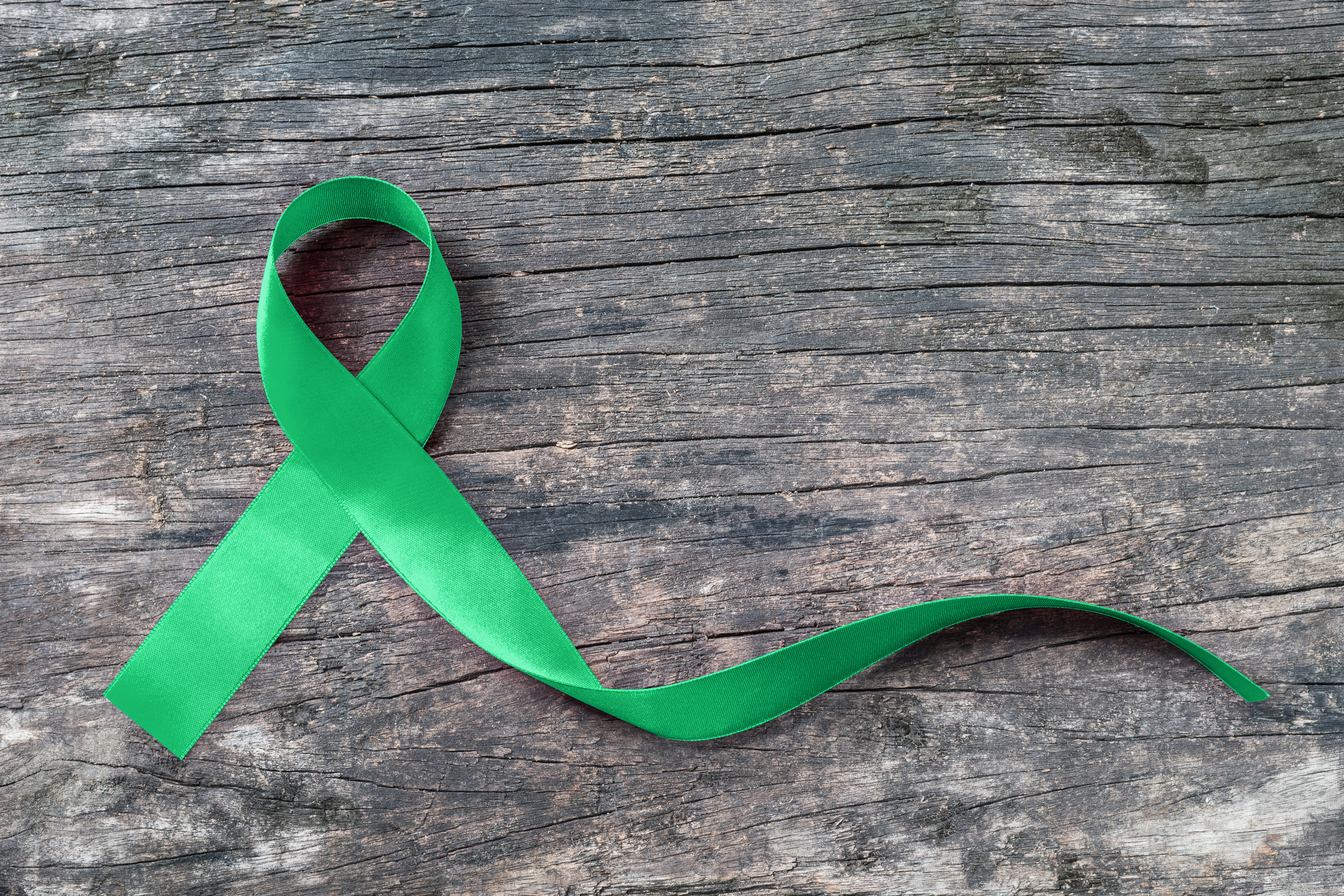- HOME
- SERVICES
- WHERE TO BEGIN
- LOCATIONS
- RESOURCES
- HEALTH PLAN SERVICES
- CAREERS
- EMPLOYEES

TBI Awareness Week Kicks Off!
This week is Traumatic Brain Injury Awareness Week. Head injuries can happen to anyone, at any age, and they can damage the brain. That is why it is important for us to know the causes and signs of a TBI and know to seek immediate medical attention if you believe yourself or a loved one has one.
To read more about what a TBI actually is, check out our blog March is Traumatic Brain Injury (TBI) Month.
This week, we're going to focus on the efforts maintained to prevent a TBI, the symptoms to know when a TBI is occurring and when/how to get a diagnosis from a medical professional.
Preventing traumatic brain injury
Falls are the most common cause of traumatic brain injury, and falling poses an especially serious risk for older adults. According to a CDC each year 56,000 seniors are hospitalized as a result of head injuries sustained in falls and 8,000 die as a result. When a senior sustains a serious traumatic brain injury in a fall, direct effects of the injury may result in long-term cognitive changes, reduced ability to function and changes in emotional health.
An estimated 775,000 older adults are living with traumatic brain injury-related disability. Measures to reduce the risk of falls include:
- Using a walker or other assistive device to compensate for mobility problems, muscle weakness or poor balance.
- Having your vision checked regularly and using glasses or contact lenses that correct for changes.
- Working with your doctor to watch for medication side effects or interactions among drugs you’re taking.
- Avoiding household hazards, such as clutter, loose rugs or poor lighting.
- Remember: Your Premier Home Health Care Aide or Caretaker can assist you with the above tips to avoid a TBI.
Symptoms
The severity of symptoms depends on whether the injury is mild, moderate or severe.
Mild traumatic brain injury, also known as a concussion, either doesn’t cause unconsciousness or unconsciousness lasts for 30 minutes or less. Mild traumatic brain injury symptoms may include:
- Inability to remember the cause of the injury or events that occurred immediately before or up to 24 hours after it happened.
- Confusion and disorientation.
- Difficulty remembering new information.
- Headache.
- Dizziness.
- Blurry vision.
- Nausea and vomiting.
- Ringing in the ears.
- Trouble speaking coherently.
- Changes in emotions or sleep patterns.
Mild traumatic brain injury symptoms are usually temporary and clear up within hours, days or weeks; however, on occasion, they can last months or longer.
Moderate traumatic brain injury causes unconsciousness lasting more than 30 minutes but less than 24 hours, and severe traumatic brain injury causes unconsciousness for more than 24 hours. Symptoms of moderate and severe traumatic brain injury are similar to those of mild traumatic brain injury, but more serious and longer-lasting.
Diagnosis
In order to get an accurate diagnosis of a TBI, a trained medical professional would need to evaluate. Evaluations by health care professionals typically include:
- Questions about the circumstances of the injury.
- Assessment of the person's level of consciousness and confusion.
- Neurological examination to assess memory and thinking, vision, hearing, touch, balance, reflexes, and other indicators of brain function.
- Depending on the cause of the traumatic brain injury and the severity of symptoms, brain imaging with computed tomography (CT) may be needed to determine if there’s bleeding or swelling in the brain.
As noted above, a Premier Home Health Care aide or caretaker can assist with helping you or your loved one from avoiding falls and injury that can cause a TBI. For those who have a TBI and need further assistance maintaining independence and safety in their homes, a Premier Home Health Care aide or caretaker can also assist with daily living tasks, help getting around the community safely and attending doctor’s appointments.
If you are interested in learning more about Premier Home Health Care services and supports please visit our website at www.premierhomehealthcare.com or visit any of our Social Media pages.
For more information contact:
Premier Home Health Care Services, Inc.
Website: www.premierhomehealthcare.com
